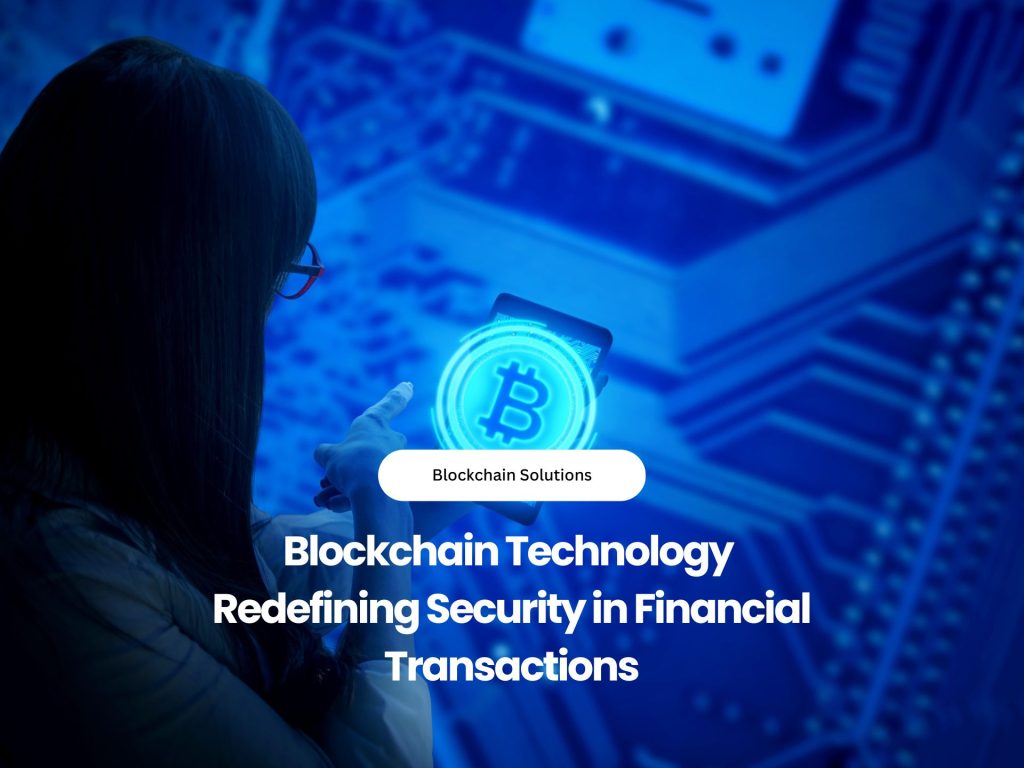
The Future of Digital Interaction: Metaverse Development 2025
The term metaverse development is no longer just a futuristic buzzword; it is rapidly becoming the foundation for a new era of digital transformation. This technological evolution is reshaping how we interact, socialize, and conduct business. In this blog, we will explore what metaverse development entails, the technologies driving it, and its potential impact on businesses, all while addressing challenges and opportunities.
What is Metaverse Development?
At its core, metaverse development refers to creating immersive, interconnected virtual spaces where users can interact in real-time using advanced technologies like augmented reality (AR), virtual reality (VR), and blockchain. These virtual worlds combine social interaction, commerce, and entertainment into a unified experience that feels almost tangible.
For example, imagine stepping into a digital 3D environment where you can attend a work meeting, shop for products, play games, or even purchase virtual real estate—all without leaving your home.
Leading companies like Meta, Roblox, and Decentraland are pioneering the metaverse, combining dynamic virtual worlds with a thriving digital economy fueled by cryptocurrencies and NFTs.
Understanding Metaverse Development
At its core, metaverse development involves creating interconnected virtual environments where users can interact through immersive technologies like augmented reality (AR), virtual reality (VR), and blockchain.
These spaces blend digital and physical realities, offering opportunities for everything from attending virtual meetings and shopping to hosting events and exploring new forms of entertainment.
Major players such as Meta, Roblox, and Decentraland are leading the charge, designing platforms that merge virtual worlds with digital economies powered by cryptocurrencies and NFTs.
Benefits of Metaverse Development and Its Real-Life Impact
Metaverse development brings a host of benefits that are reshaping industries and addressing real-life challenges. One of its most significant advantages is the ability to create highly immersive and interactive environments that transcend geographical boundaries.
This has revolutionized remote work by enabling virtual collaboration spaces where teams can interact as if they were in the same room.
Similarly, in education, virtual classrooms and training simulations make learning more engaging and accessible, allowing students to experience historical events or complex concepts in 3D environments.
For businesses, the metaverse offers new ways to engage with customers through virtual storefronts, gamified experiences, and personalized interactions, fostering brand loyalty and enhancing user experiences. In healthcare, virtual reality environments are being used for mental health therapy, surgical training, and patient rehabilitation, providing solutions that were previously unavailable or expensive. Furthermore, the metaverse is democratizing access to global markets, enabling small businesses to expand their reach by creating virtual shops and events.
By solving problems like geographic limitations, expensive training costs, and limited customer engagement methods, the metaverse is proving to be a transformative tool for innovation and real-world impact.
Technologies Driving Metaverse Development
Metaverse development relies on a convergence of various cutting-edge technologies, each contributing to its immersive nature:
Augmented Reality (AR) and Virtual Reality (VR): These technologies create the immersive frameworks for the metaverse. AR enhances the real-world experience by overlaying digital elements, while VR offers entirely immersive 3D spaces for social and professional interactions.
Blockchain Technology: This ensures decentralization, security, and transparency. It powers the digital economy by enabling secure transactions using cryptocurrencies and creating a system for owning and trading digital assets like NFTs.
Artificial Intelligence (AI): AI drives the creation of realistic avatars, personalized user experiences, and efficient virtual environments. It also powers natural language processing, making virtual interactions feel more human.
3D Modeling Tools: Platforms like Unreal Engine and Unity enable developers to create detailed, dynamic, and interactive virtual worlds, forming the visual backbone of the metaverse.
Business Opportunities in the Metaverse
The rise of metaverse development is unlocking numerous possibilities for businesses to innovate, engage customers, and create new revenue streams.
Transforming Real Estate
The concept of virtual real estate is redefining how brands operate. Companies are purchasing virtual spaces to build stores, host events, and offer immersive customer experiences. For instance, Nike’s Nikeland on Roblox provides users with a virtual space to explore and interact with the brand in an engaging way.
Revolutionizing Advertising
Advertising in the metaverse is evolving into an interactive and immersive experience. Traditional banner ads are being replaced by engaging, gamified campaigns that allow users to participate actively, creating memorable brand impressions.
Enhancing Collaboration
The metaverse is revolutionizing remote work and collaboration. Platforms like Meta’s Horizon Workrooms offer lifelike avatars and virtual environments, making meetings and brainstorming sessions more interactive and engaging.
Education and Training
Virtual classrooms and training simulations are becoming standard in industries like healthcare, aviation, and corporate training. By providing realistic, hands-on experiences, the metaverse fosters more effective learning.
Expanding Entertainment
Beyond gaming, the metaverse has become a hub for virtual concerts, film screenings, and social gatherings. Events hosted in games like Fortnite and Roblox attract millions of attendees, blending entertainment with community interaction.
Starting Your Journey into the Metaverse
Embarking on a metaverse development project requires a clear vision and strategic planning.
Businesses need to align their goals with what the metaverse can offer, whether it’s improving customer engagement, innovating products, or building a new revenue model.
First, identify how your business can integrate into this digital landscape. Do you need a virtual storefront, interactive customer experiences, or gamified advertising campaigns? Next, choose platforms that align with your audience, such as Decentraland for real estate or Roblox for immersive engagement.
Collaborating with metaverse development companies can help you create compelling virtual experiences and assets like branded NFTs or customized environments. Finally, integrate essential technologies such as blockchain and AI to ensure scalability, security, and a seamless user experience.
Addressing Challenges in Metaverse Development
While the opportunities are vast, metaverse development is not without its challenges.
Development Costs: Building high-quality, interactive virtual worlds is resource-intensive and often requires substantial financial and technical investments.
Data Privacy Concerns: Protecting user data and ensuring secure interactions is a pressing issue as more personal information is shared in digital spaces.
Interoperability Issues: Creating seamless connections between different platforms and technologies demands industry-wide standards, which are still evolving.
Businesses must carefully plan their metaverse strategies to overcome these obstacles and unlock the full potential of this digital transformation.
The Future of Metaverse Development
As metaverse development evolves, its applications will expand beyond entertainment and retail, impacting industries like healthcare, education, and logistics. Imagine doctors collaborating in virtual operating rooms or students exploring historical events in fully immersive 3D spaces.
For businesses, investing in the metaverse today is a forward-thinking approach that positions them ahead of the curve. Early adopters stand to gain significant advantages as the metaverse continues to redefine the digital economy and revolutionize how we connect, interact, and work.
Conclusion
The metaverse represents the future of digital interaction, a realm where physical and virtual realities converge to create limitless possibilities. From immersive customer experiences to innovative business models, metaverse development offers unparalleled opportunities for growth and transformation.
Businesses and developers alike must seize this moment to explore the metaverse and shape the future of digital collaboration, interaction, and economy. Start your journey today, and embrace a future that blurs the lines between the digital and physical worlds.
Ready to create your own world in metaverse?
Book a consultation now: Schedule Your Consultation

